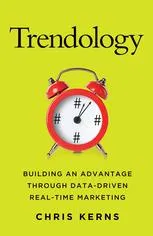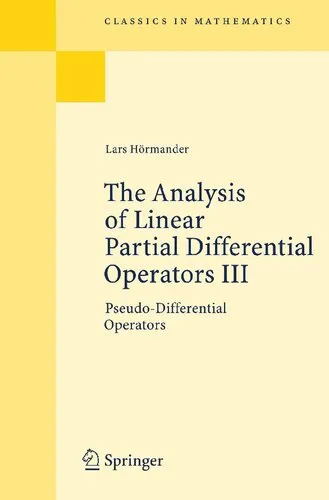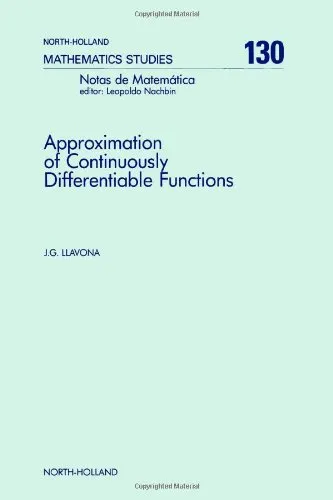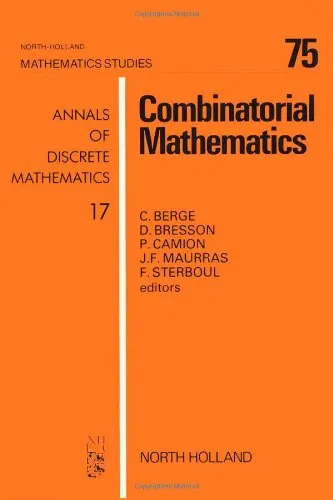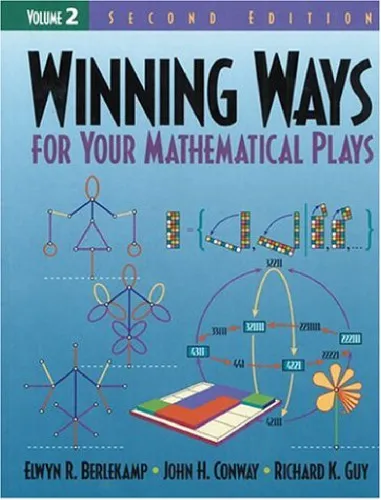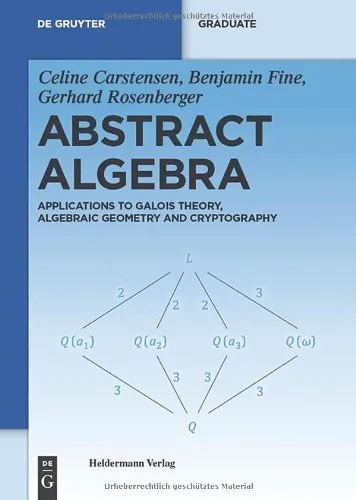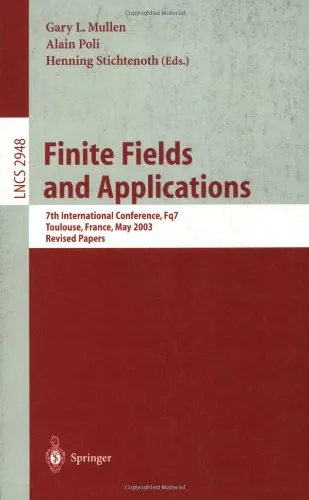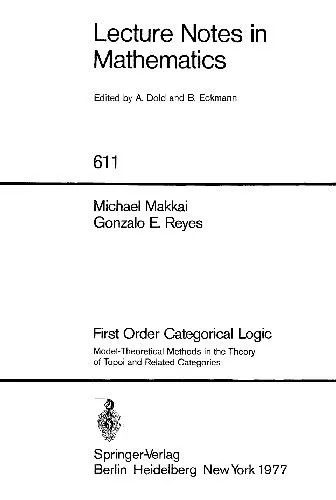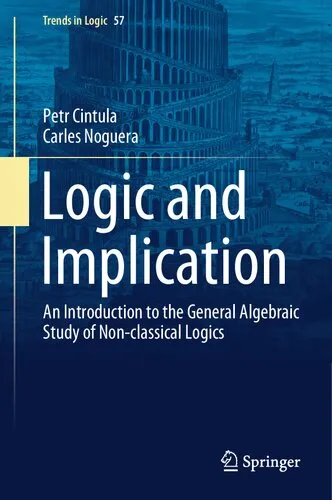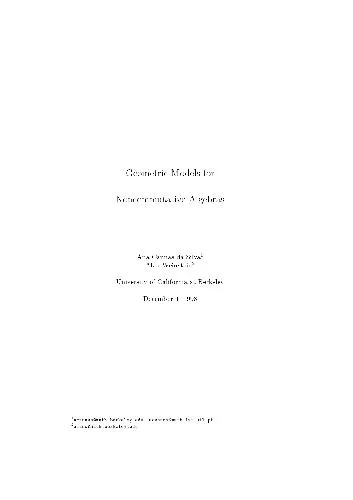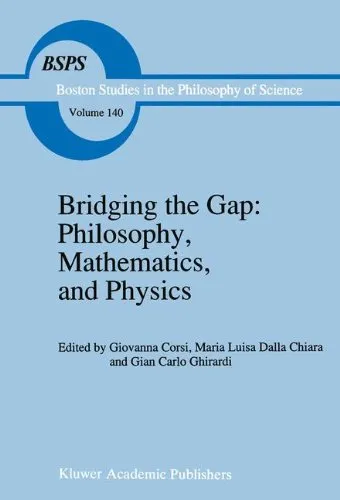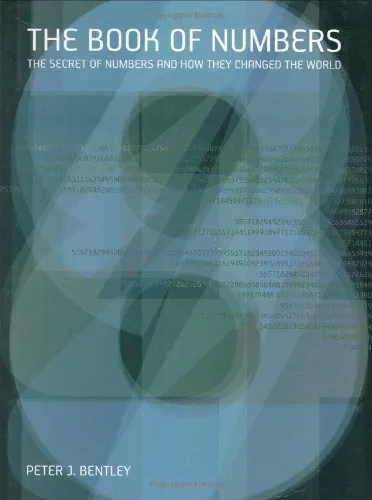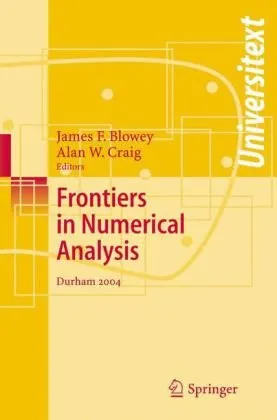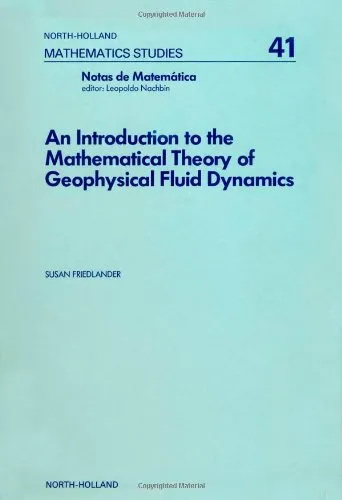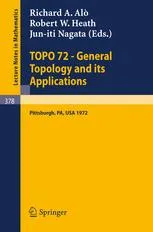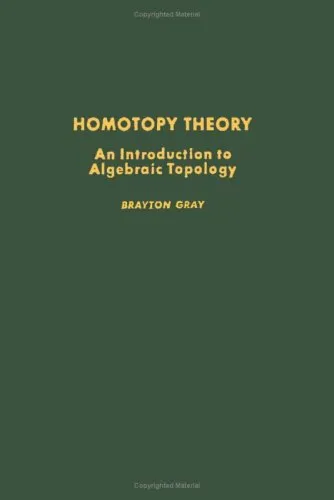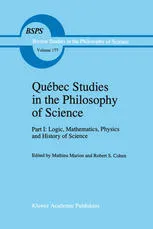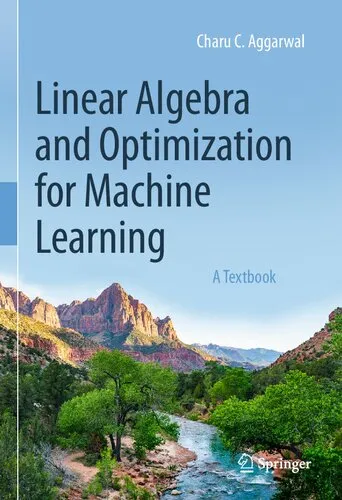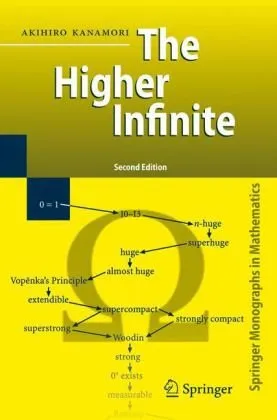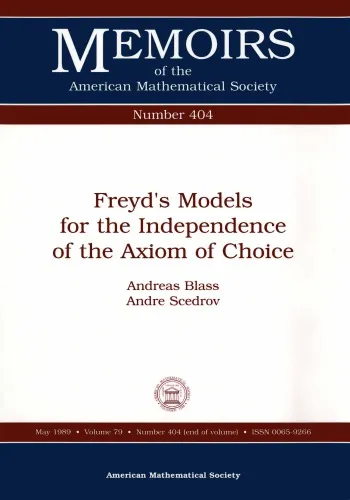What Mathematics Do Students Know and How is that Knowledge Changing?: Evidence from the National Assessment of Educational Progress
4.8
Reviews from our users

You Can Ask your questions from this book's AI after Login
Each download or ask from book AI costs 2 points. To earn more free points, please visit the Points Guide Page and complete some valuable actions.Related Refrences:
Introduction to 'What Mathematics Do Students Know and How is that Knowledge Changing'
Mathematics is not just a discipline; it is the foundation of the modern world. From engineering and technology to economics and data science, the knowledge of mathematics serves as the backbone for progress. Yet, as societies evolve, so too does the landscape of mathematical learning. In What Mathematics Do Students Know and How is that Knowledge Changing, we delve into the shifting paradigms of mathematical education by exploring what today’s students truly comprehend, how their understanding compares to previous generations, and the factors influencing these changes.
Education systems across the world are constantly seeking to adapt in response to rapid societal, technological, and cultural transformations. But how have these ongoing changes reshaped what math students learn, how they learn it, and how well they retain their knowledge in the long term? This book conducts a comprehensive exploration of student performance, offering critical insights into trends, challenges, and opportunities within mathematics education.
By grounding the discussion in empirical data, historical context, and thoughtful analysis, this book aims to bridge the gap between educators, policymakers, and researchers. The ultimate question remains: Are we adapting mathematics education adequately to meet the needs of future generations or falling behind? Read on as we uncover the answers.
Detailed Summary
This book is an extensive investigation into the state of mathematical knowledge among K-12 and university-level students across diverse educational settings. It begins by setting the stage with historical trends in mathematics education, exploring how curriculum shifts, societal expectations, and technology have altered the subjects emphasized in the classroom. From basic arithmetic to abstract algebra, every layer of mathematical understanding is analyzed in detail.
In addition to exploring what students know, the book probes why their knowledge is changing. Special emphasis is placed on modern teaching methodologies, the influence of standardized testing, and the impact of digital learning tools like calculators, apps, and online classrooms. Comparisons are made not only across time but also across regions and demographics, shedding light on educational equity in mathematics.
Furthermore, the book discusses real-world consequences of these changes in learning patterns. Are students prepared for STEM careers? Are they capable of solving complex problems requiring logical reasoning and quantitative skills? By comprehensively breaking down these questions, the book offers actionable recommendations for educators, parents, and decision-makers alike.
Key Takeaways
- Mathematical Knowledge is Evolving: Student competencies have shifted from manual calculation skills to conceptual problem-solving, reflecting real-life demands.
- Technology Has Transformed Learning: With the integration of calculators, apps, and computer-based learning platforms, traditional math education has undergone profound changes.
- Socioeconomic and Regional Disparities Persist: Access to quality mathematics education is highly unequal, intensifying the need for policy interventions.
- Understanding Breeds Empowerment: A deeper comprehension of changing student knowledge fosters better instructional strategies and long-term enhancements in education systems.
Famous Quotes from the Book
"Mathematics is not about numbers; it’s about patterns, logic, and the ability to think critically in an increasingly complex world."
"If we focus solely on what students know today, we risk neglecting the skills they’ll need tomorrow."
Why This Book Matters
Mathematics skills are universally recognized as critical for both personal success and societal progress. However, as the demands of the 21st century continue to evolve, the relevance of traditional math education is increasingly called into question. This book matters because it arms readers with a nuanced understanding of how and why mathematical knowledge is shifting—providing a vital foundation for improving education policy and curriculum design.
By addressing hard-hitting questions about equity, innovation, and the real-world applicability of math, this work invites stakeholders to reimagine learning in ways that ensure every student can succeed. Whether you are a teacher, parent, policymaker, or researcher, this book offers a roadmap for creating a brighter mathematical future, both locally and globally.
Free Direct Download
You Can Download this book after Login
Accessing books through legal platforms and public libraries not only supports the rights of authors and publishers but also contributes to the sustainability of reading culture. Before downloading, please take a moment to consider these options.
Find this book on other platforms:
WorldCat helps you find books in libraries worldwide.
See ratings, reviews, and discussions on Goodreads.
Find and buy rare or used books on AbeBooks.
1468
بازدید4.8
امتیاز0
نظر98%
رضایتReviews:
4.8
Based on 0 users review
Questions & Answers
Ask questions about this book or help others by answering
No questions yet. Be the first to ask!
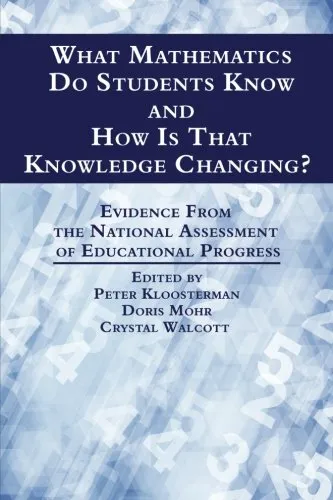
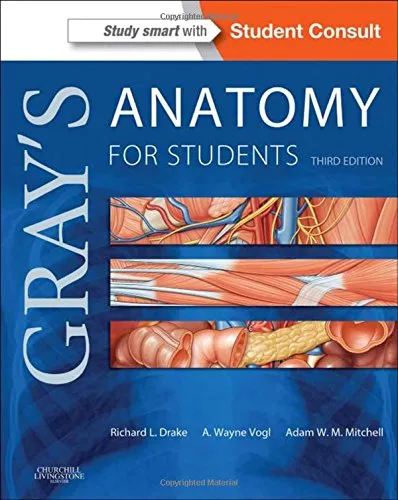
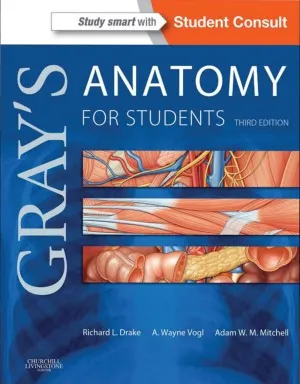
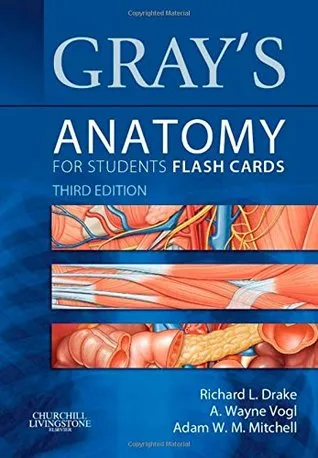

![Gray's Anatomy for Students [with Student Consult Online Access]](https://s3.refhub.ir/images/thumb/Gray_s_Anatomy_for_Students__with_Student_Con_2728_GXWaXqO.webp)

